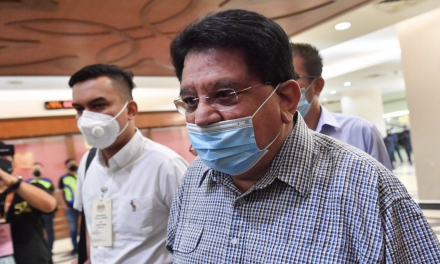31 march 2015
On Monday a Jerusalem District Court found former Israeli Prime Minister Ehud Olmert guilty of unlawfully accepting money from a U.S. supporter in a retrial on corruption charges.
He already faces a six year prison term in connection with another bribery case. He has made an appeal to the Supreme Court and the sentence will be delivered on 5 may 2015.
In 2012 he was initially acquitted of fraud and corruption in the corruption case. He was charged with unlawfully receiving cash-stuffed envelopes from U.S. businessman Morris Talansky when Olmert was mayor of Jerusalem and a Cabinet minister. It was found that Olmert had received about $600,000 from Talansky during his term as mayor, and additional amounts in cash during his term as a Cabinet minister. The court at that time did not find any evidence to the effect that the money was used for unlawful personal reasons or illegal campaign financing.
He escaped with a fine of $19,000 and suspended sentence for breach of trust. This was his first corruption trial. New evidence surfaced during the second trial.
But later on during his second trial new evidence surfaced during his second trial. New evidence came from his former secretary and confidante Shula Zaken. In return for a reduction in her own sentence she became a state witness. She revealed that she was in the possession of tape recording between herself and Olmert regarding tens of thousands of dollars received from businessman Morris Talansky and the money kept hidden in a safe by an Olmert aide. This new evidence led to the retrial. During the first trial Olmert had asked her not to incriminate him. The judges concluded that Olmert gave Zaken part of that money in exchange for her loyalty and took the remainder for his own personal use. Olmert’s lawyers said that they will make an appeal.
In a separate trial in March 2014, Olmert was convicted of taking bribes from the developers of the city’s massive Holyland residential complex. He was sentenced to six years in prison. He appealed and has been allowed to stay out of prison until a verdict is delivered.















